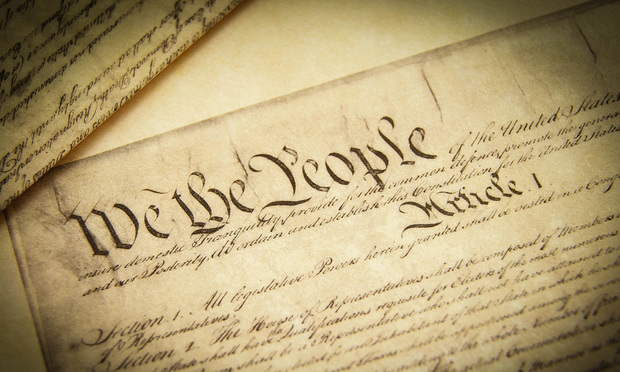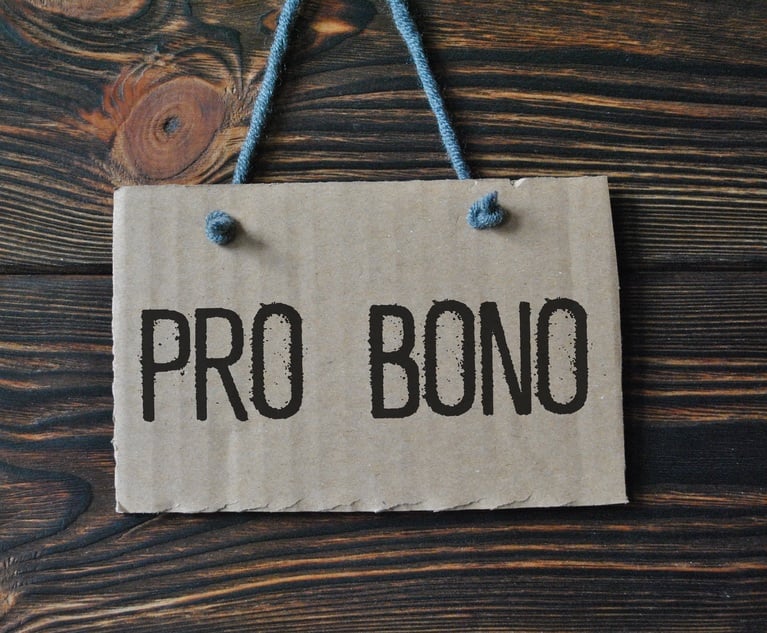Prior to the 2014 constitutional amendment, article 1, paragraph 11 of the New Jersey Constitution provided for the right to bail except for capital offenses when the proof was “evident or presumption great.” The New Jersey Constitution also had, and continues to have, a separate provision, like the Eighth Amendment to the federal Constitution, prohibiting “excessive bail.” (art. 1, par. 12). In November 2014, the voters approved an amendment to article 1, paragraph 11 to permit pretrial preventative detention and to reduce reliance on money bail. When a defendant was ordered to home confinement pending trial, he and a bonding company sought to enjoin the program as a violation of the federal Constitution. In Holland v. Rosen, the Third Circuit affirmed the district court’s denial of a preliminary injunction.
Before the constitutional amendment and subsequent legislation (see N.J.S.A. 2A:162-15 et seq; R. 3:25, 3:26), our system of pretrial release was essentially based on the ability to post bail. With exceptions driven by rule changes, the system was “money based.” Although defendants could be required to post property or cash, most were released on bail posted by a bondsman who deposited 10 percent and received its return at the termination of proceedings. Recent reforms place more focus and emphasis on alternatives to money bail. Defendants who pose a risk of flight or non-appearance, a danger to public safety, or obstruction of the prosecution or law enforcement, may now be detained after a hearing. Those held only because they cannot afford to post bail are not. The terms of release are determined after a risk assessment and provide for flexibility including personal recognizance, adhering to non-monetary conditions, attendance to drug treatment or a monitored program, or other conditions which can have a monetary component.







